Data theft, a critical concern in today’s digital age, refers to the unauthorised access and extraction of confidential information from individuals or organisations. This illicit activity can target a wide range of data, including personal identification details, financial records, intellectual property, and more. The implications of data theft are far-reaching, posing significant risks to privacy, financial stability, and business integrity. In the following sections, we will explore the mechanisms of data theft, illustrate its potential impact, and provide practical strategies for prevention.



Understanding how data theft occurs and its prevention enhances your personal security, making you less susceptible to identity theft and financial fraud. Data breaches allow cybercriminals to gain access to and steal corporate data, including sensitive information. By adopting secure online habits, you’re not only preventing them from being able to steal data, such as customer data, but also safeguarding your peace of mind.
Businesses that understand the risks of data theft, including those caused by human error, and implement strategies to protect data are seen as more trustworthy by customers and partners. This includes safeguarding against insider data theft by carefully managing user access permissions and protecting private data across operating systems. Implementing robust security measures not only helps prevent data breaches and stolen data but also boosts the company’s reputation and strengthens customer trust.
Raising awareness about data management practices, such as conducting regular audits, establishing clear data handling policies, and protecting sensitive data on database servers, is crucial to prevent data breaches. By securing data against unauthorised access and theft, including stealing information stored in web browsers, software code, or medical records, organisations can not only safeguard their data but also enhance its efficiency in management and usage.
Gaining knowledge about how data theft occurs enables individuals to take proactive measures to safeguard their privacy on digital platforms. By understanding how cybercriminals gain access to sensitive information and steal data, often exploiting human error or vulnerabilities in storage devices and personal devices, one can better protect their confidential details. This vigilance also helps mitigate risks associated with insider threats, ensuring that personal information is less likely to be misused.
Safeguarding your personal details and financial data against theft is crucial for preventing financial loss due to fraudulent activities. Using different passwords instead of the same password across various platforms and regularly updating operating systems contribute to stronger security, ensuring greater financial stability for both individuals and businesses.
For businesses, actively preventing data theft by safeguarding sensitive and confidential data, including financial information, against system vulnerabilities not only ensures compliance with data protection laws and regulations but also avoids potential fines and legal issues, ultimately leading to financial gain.
Companies committed to securing sensitive data on secured file servers can gain a competitive edge by attracting customers who value the protection of their information, including employee data. By differentiating themselves in the market as entities that do not expose data through poorly written software applications or physical theft, these companies stand out to security-conscious consumers.
When businesses implement measures to protect against the theft of sensitive data, including the use of antivirus software, it significantly boosts employee confidence. They feel secure in the knowledge that their personal information, such as bank account details, and professional data are well-protected against stolen data attempts. This sense of security knowing their sensitive data won’t easily be stolen leads to increased job satisfaction and productivity.
Preventing data breaches and the theft of personal data reduces the risk of operational disruptions from cybersecurity incidents, ensuring business continuity and stability. By taking measures to stop unauthorised parties from gaining access or attempting to steal data, companies can avoid data leaks and protect against attempts to obtain confidential information.
Customers are more likely to stay loyal to brands that they trust to protect their personal information, including bank account details. This trust prevents unauthorised access to their data, fostering longer-lasting relationships and increasing the lifetime value of each customer.
Awareness of data theft not only highlights the risks of stealing data but also brings attention to related cyber threats such as poor password habits, misuse of access privileges, and other practices that can lead to data breaches. This broader understanding encourages improved cybersecurity measures to prevent data theft occurrences.
Awareness and understanding of data theft, along with patching systems, monitoring access requests, and managing multiple accounts, enable quicker responses to security breaches. This approach minimises damage and recovery times while protecting an organisation’s sensitive data.
When individuals and businesses use strong protections against data theft, such as avoiding the use of the same password across sites and securely managing financial information, it enhances the overall security of the digital economy. This vigilance makes it harder for hackers to gain access to sensitive data like bank account information, significantly reducing the risk of a data breach and making online transactions safer for everyone.
Understanding the largest data breach incidents guides you toward adopting advanced security tools and practices to protect customers’ personal information and stay ahead of potential data leaks and cybercriminals.
Lastly, staying informed about data theft, including the tactics of data thieves and phishing attacks, and understanding how to protect against these threats through strong passwords, secure software programs, and monitoring employee activity, empowers you to take control of your digital life. This knowledge gives you the confidence to engage online securely and responsibly.
In conclusion, the importance of being aware of data theft cannot be overstated. In an era where digital interactions form the backbone of our personal and professional lives, understanding the risks associated with data theft and taking proactive measures to prevent it are crucial. By enhancing our knowledge on this subject, we not only protect our own digital identities but also contribute to the security of the digital ecosystem as a whole. Awareness is the first step towards empowerment, enabling individuals and businesses to navigate the digital world with confidence and security. Remember, in the fight against data theft, knowledge is not just power—it is protection.
Data theft occurs when sensitive, confidential information is stolen from an individual or organisation without permission, potentially leading to financial loss, identity theft, and other damaging consequences.
Cybercriminals use various methods to commit data theft, including phishing scams, malware attacks, hacking into systems, exploiting vulnerabilities, and employing social engineering techniques.
Yes, while it’s challenging to guarantee complete protection, implementing strong security measures like two-factor authentication, using encryption, regular software updates, and educating individuals about cyber threats can significantly reduce the risk of data theft.
Signs can include unusual account activity, unexpected financial transactions, notifications of password changes, and receiving fraud alerts from your bank or credit monitoring services.
Immediately change your passwords, notify your bank and other affected institutions, check your credit reports for unusual activity, and consider placing a fraud alert on your credit file. Reporting the incident to the relevant authorities is also advised.
Beyond financial losses, data theft can damage a business’s reputation, erode customer trust, result in legal and regulatory penalties, and disrupt operations.
Yes, personal and biometric data, such as fingerprints and facial recognition data, can also be targeted by cybercriminals for identity theft or unauthorised access to secure systems.
Businesses can safeguard against data theft by implementing strong cybersecurity policies, conducting regular security audits, encrypting sensitive data, and training employees on security best practices.
Employees are often the first line of defence against data theft. By being vigilant, recognising phishing attempts, using secure passwords, and following company security protocols, they can help prevent breaches.
Yes, public Wi-Fi networks are often not secure, making it easier for cybercriminals to intercept data transmitted across these networks. Use a virtual private network (VPN) to encrypt your data and reduce the risk when using public Wi-Fi.
Meet Rob Morrow, a professional driven by a captivating blend of strategic acumen and technical prowess. With an unwavering passion for Information Technology and an innate ability to grasp the wider business landscape, Rob brings forth a distinct skill set. With meticulous attention to detail and an analytical mindset, he expertly harnesses technology to tackle even the most intricate business challenges.
Rob’s exceptional ability lies in providing both strategic guidance and technical leadership. He goes beyond task execution, prioritizing the achievement of meaningful outcomes. By taking ownership of critical projects, he consistently showcases dedication to delivering exceptional results.
Within the IT sphere, Rob finds immense satisfaction in problem-solving and delivering innovative solutions to clients. He embraces challenges and explores creative avenues to not only meet but surpass customer expectations. His commitment to delivering a superior customer experience is evident, characterised by a personalised approach that makes every customer feel valued and appreciated.


